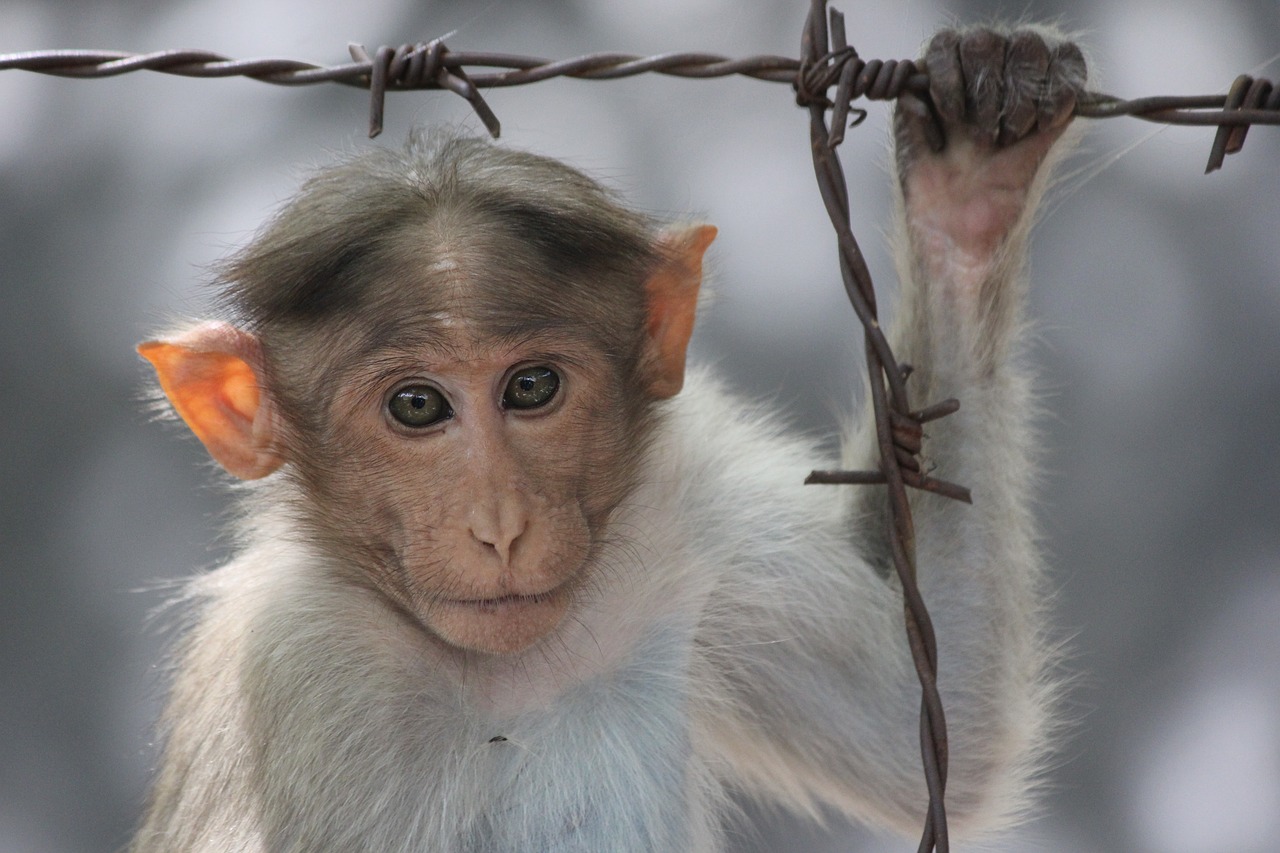Voter Suppression Tactics: Challenges to Electoral Integrity
Voter ID laws have been a hot topic of debate in the realm of American politics. Proponents argue that these laws are necessary to prevent voter fraud and ensure the integrity of the electoral process. They contend that requiring voters to show identification at the polls is a common-sense measure to safeguard against potential misconduct.
On the other hand, critics of voter ID laws argue that these regulations disproportionately impact marginalized communities, such as low-income individuals and racial minorities, who may face barriers in obtaining proper identification. They believe that these laws can disenfranchise eligible voters and suppress turnout in already underrepresented groups. This ongoing dispute sheds light on the tensions between protecting the sanctity of elections and ensuring equitable access to the voting process for all citizens.
Gerrymandering
Gerrymandering is a practice where electoral boundaries are manipulated to benefit a particular political party or group. This manipulation often results in unequal representation of voters, ultimately undermining the democratic process. By strategically redrawing district lines, those in power can maintain or increase their political advantage, making it harder for opposing parties to win seats and accurately reflect the overall political landscape.
The implications of gerrymandering are far-reaching, as it can lead to the disenfranchisement of certain groups of voters and diminish the impact of their voices in elections. This practice can also contribute to the polarization of political views and hinder the fair and inclusive representation of diverse communities. As such, addressing gerrymandering is essential in ensuring that elections are truly reflective of the will of the people and upholding the principles of democracy.
Purging Voter Rolls
Purging voter rolls is a controversial practice that involves removing names from voter registration lists. This process aims to ensure the accuracy and integrity of voter records by eliminating outdated or erroneous information. Proponents argue that it helps prevent voter fraud and maintains up-to-date voter rolls for elections.
However, critics of purging voter rolls raise concerns about potential disenfranchisement of eligible voters. They argue that the process may disproportionately affect marginalized communities, such as low-income individuals and minorities, who may be more likely to have their names erroneously removed from the voter lists. Ensuring that the purging of voter rolls is conducted in a transparent and fair manner is crucial to safeguarding the fundamental right to vote for all eligible citizens.
What are voter ID laws?
Voter ID laws require voters to present some form of identification before they are allowed to cast a ballot.
How do voter ID laws impact the voting process?
Proponents of voter ID laws argue that they help prevent voter fraud, while opponents believe they can disenfranchise certain groups of voters who may have difficulty obtaining the required identification.
What is gerrymandering?
Gerrymandering is the practice of manipulating the boundaries of electoral districts in order to favor one political party or group.
How does gerrymandering affect elections?
Gerrymandering can result in unequal representation and distort the democratic process by allowing a minority party to maintain control over a district or state.
What does it mean to purge voter rolls?
Purging voter rolls refers to the process of removing outdated or inaccurate voter registration information from the list of eligible voters.
Why do states purge voter rolls?
States purge voter rolls to ensure the integrity of the voting process and maintain accurate voter registration lists.







